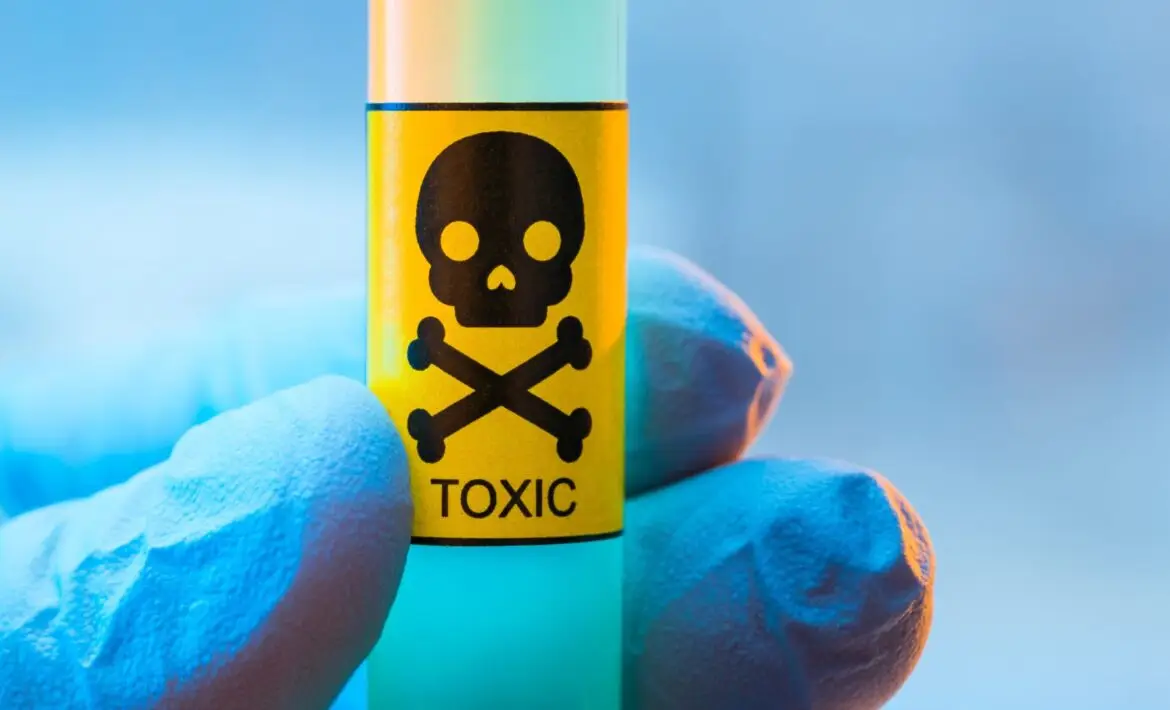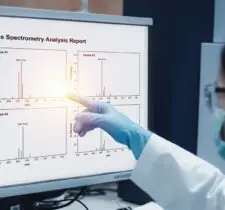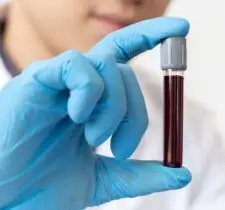The thought of being poisoned by someone is terrifying and unsettling. While it may seem like a scenario out of a suspenseful thriller, poisoning occurs in real life. Knowing how to recognize the signs and what action to take is crucial for safeguarding your health and well-being, whether it’s a malicious act or accidental exposure. In this guide, we’ll explore the steps you should take if you suspect you’re being poisoned by someone.
Recognize the Signs
Recognizing the signs of poisoning can be challenging, as symptoms vary depending on the type of poison and the amount ingested. However, common symptoms may include nausea, vomiting, diarrhea, dizziness, difficulty breathing, confusion, and unusual fatigue. If you experience any of these symptoms and suspect foul play, it’s essential to trust your instincts and take action promptly.
Seek Medical Help
If you suspect you’ve been poisoned, seek medical help immediately. Call emergency services or visit the nearest emergency room for evaluation and treatment. Time could be of the essence when dealing with poisoning, and prompt medical attention can make a significant difference in your outcome. Be honest with healthcare providers about your suspicions and provide them with relevant information to assist in diagnosis and treatment.
Document Your Symptoms
Another important initial step in addressing suspected poisoning is to document your symptoms. Keep a detailed record of when symptoms occur, their severity, and any potential triggers or patterns. Note any unusual tastes or odors in your food or drinks and any recent interactions with individuals who may have access to your food or beverages.
Notify Authorities
Once you’ve sought medical help, notify the appropriate authorities about your suspicions. This may include local law enforcement, poison control centers, or public health agencies. Reporting the incident is crucial for launching an investigation and preventing further harm to yourself or others. Provide authorities with evidence or documentation, such as suspicious substances or witness testimonies.
Secure Your Environment
If you suspect someone is intentionally poisoning you, take steps to secure your environment and prevent further exposure. Secure your food and beverages in sealed containers, and avoid consuming anything that may have been tampered with. Change your locks and limit access to your living space to trusted individuals only. If necessary, seek temporary accommodations elsewhere until the situation is resolved.
Gather Evidence
While your primary focus should be on your health and safety, gathering evidence can help authorities investigate the incident. Preserve any leftover food or drinks that may have been contaminated and any suspicious substances or objects found in your environment. Take photos or videos of the scene, noting any unusual behavior or interactions relevant to the investigation.
Stay Vigilant
Awareness of your surroundings and trusting your instincts are essential when dealing with suspected poisoning. Pay attention to any further symptoms or unusual occurrences and continue documenting them as they arise. Stay vigilant and take proactive steps to protect yourself from further harm, whether seeking medical attention or notifying authorities of any new developments.
Seek Support
Dealing with the aftermath of suspected poisoning can be emotionally taxing and overwhelming. Contact friends, family, or support groups for assistance and guidance during this challenging time. Don’t hesitate to seek professional help from counselors or therapists who can provide additional support and coping strategies.
Legal Recourse
If poisoning is confirmed and attributed to someone’s malicious intent, you may pursue legal recourse against the perpetrator. Consult with legal experts or authorities to explore your options and determine the best course of action. Remember that legal proceedings can be lengthy and complex, so patience and perseverance are essential.
Consult with a Forensic Toxicologist
Consulting with a forensic toxicologist, such as LeBeau Forensic Toxicology Consulting, can be a crucial step if you suspect you have been poisoned. Forensic toxicologists specialize in detecting and analyzing toxic substances in biological samples, such as blood, urine, or hair. Their expertise lies in identifying the presence of poisons, determining their effects on the body, and providing valuable insights into the circumstances surrounding suspected poisoning cases.
When you consult with an experienced toxicologist, they will typically conduct a thorough examination of your symptoms, medical history, and any potential exposure to toxic substances. They may request samples of bodily fluids or tissues for analysis to detect the presence of poisons or toxins. These samples are carefully analyzed using advanced laboratory techniques to identify the specific substances involved and quantify their concentrations in your system.
One of the primary benefits of consulting with a forensic toxicologist is their ability to provide objective, scientific evidence regarding the presence of poisons and their effects on your body. This evidence can be instrumental in confirming suspicions of poisoning and supporting legal proceedings if necessary. Forensic toxicologists can also provide expert testimony in court cases, helping to ensure that justice is served in cases of intentional poisoning.
In addition to identifying poisons, forensic toxicologists can also offer valuable insights into the potential sources of exposure and the timeline of events leading up to the suspected poisoning. Analyzing your medical history, dietary habits, and environmental factors can help you understand how and when the poisoning occurred. This information can be essential for identifying the perpetrator and preventing further harm.
Furthermore, consulting with a forensic toxicologist can help guide your treatment and recovery process. By understanding the specific toxins involved and their effects on your body, healthcare providers can tailor treatment plans to address your symptoms and minimize long-term consequences. Forensic toxicologists can also recommend ongoing monitoring and follow-up care to ensure your well-being.
Overall, consulting with a forensic toxicologist is essential in cases of suspected poisoning. Their specialized knowledge and expertise can provide critical information for confirming suspicions, identifying perpetrators, guiding medical treatment, and seeking justice. If you believe you have been poisoned, don’t hesitate to seek the assistance of a forensic toxicologist to protect your health and safety.
Conclusion
Suspecting that you’re being poisoned by someone is a frightening experience, but knowing how to respond can make all the difference in protecting yourself and seeking justice. Recognizing the signs, seeking medical help, notifying authorities, and taking proactive steps to secure your environment can mitigate the risks and safeguard your health and well-being. Remember, you are not alone, and resources and support are available to help you through this challenging time. Stay vigilant, stay safe, and trust your instincts.




